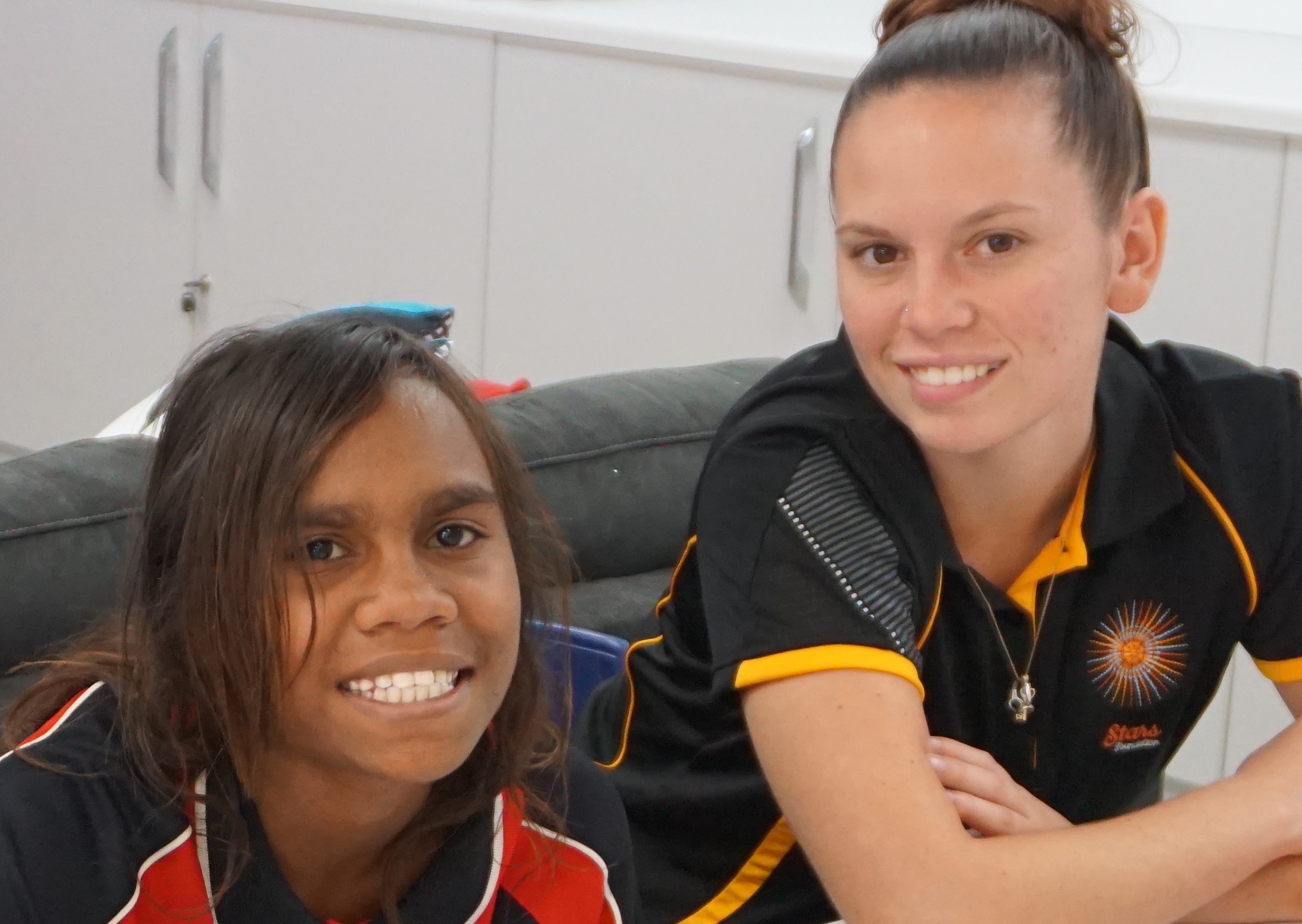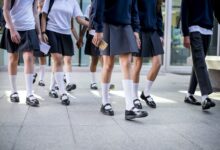Catholics vow to go hard in schools fight with government

The battle between the Catholics and the government on the schools funding plan appears to be ramping up, with Catholic education authorities deciding to intensify their campaign.
Catholic education sources said a discussion of the way forward was held on Sunday afternoon.
This came after Treasurer Scott Morrison earlier had dug in behind the plan, saying “we’re trying to get to a standard at the end of ten years where everybody is on the same wicket”.
“There are some schools that are getting more support because of special deals that were done in the past. Now, there shouldn’t be special deals,” he told Nine’s Laurie Oakes. “There should be one deal and it should be based on the needs of every single student. That’s what we’re putting forward.”
When it was put to him that the Catholic sector was making its case against the government, Morrison said bluntly: “I don’t agree with it”.
He acknowledged, as Education Minister Simon Birmingham has done, that there would be transitional arrangements for those with special circumstances.
But “we can’t walk away from the principle” that the funding for the schooling of every child “should be based on a clear standard – and it should be fair for everyone”.
The government plan embraces the Gonski needs-based approach and commits an extra A$18.6 billion over a decade across government, Catholic and independent schools.
The Catholic system is getting an overall national increase in funding. But it argues the way in which the parental capacity to contribute is estimated is flawed, to its disadvantage. It is also up in arms about not being consulted before last week’s announcement.
The row with the Catholics is flaring just as the government wants Tuesday’s budget to act as a “reset” and mollify voters on issues ranging from health to the housing affordability.
The mood of the government backbench to the schools plan will become clearer as Coalition MPs return to Canberra on Monday ahead of Tuesday’s party meeting. Tony Abbott has predicted a vigorous debate in the partyroom, but there will also be a lot of pressure not to detract from the budget.
Coalition backbenchers are still getting their heads around the new policy.
One of those seeking more information is outspoken Nationals MP George Christensen. He said on Sunday that by and large he was supportive of the new funding measures. He had heard some concerns among Catholic schools, but no school in his Queensland regional electorate of Dawson was going backwards. Nevertheless he would be “reaching out” to local Catholic authorities.
It didn’t bother him that super elite schools were losing funding but “if there are losses for Catholic schools and other Christian schools perhaps we would need to make up for that”.
On Friday the chair of the Bishops Commission for Catholic Education, Archbishop Timothy Costelloe, said the proposal would affect the affordability and accessibility of Catholic schools in a number of jurisdictions, particularly the ACT and Victoria.
“We are also deeply concerned about the government’s intention to launch a new website that will outline how much federal funding each school in Australia will receive under the proposed changes.
“The website ignores the reality of Catholic education systems and indeed other schools systems, which are able to redistribute funds according to the needs of individual students or schools.
“The website will effectively undermine system autonomy and mislead parents who could easily assume that the Commonwealth will now determine Catholic school fees.”
Some families with children in Catholic schools are receiving letters from school authorities saying fees will have to go up.
Shadow Treasurer Chris Bowen said that he had been briefed by the Catholic Education Office that school fees in his Sydney electorate of McMahon would have to double. He said the schools package was “being rammed down the throat of this very important part of the education sector”.
Meanwhile, Morrison has announced the government will make good by June 30 on its promise to crossbencher Nick Xenophon to give pensioners a supplement to help with energy costs.
The government promised $75 for a single person and $125 for a couple as part of the deal to get the support of the Nick Xenophon Team for the company tax cut for businesses with an annual turnover of up to $50 million, with the timing of the payment to be announced in the budget.
Morrison said the payment would go to aged pensioners, disability support pensioners, those on parenting payments, and veterans.
![]() This piece was written by Michelle Grattan, Professorial Fellow, University of Canberra. The article was originally published on The Conversation.
This piece was written by Michelle Grattan, Professorial Fellow, University of Canberra. The article was originally published on The Conversation.







